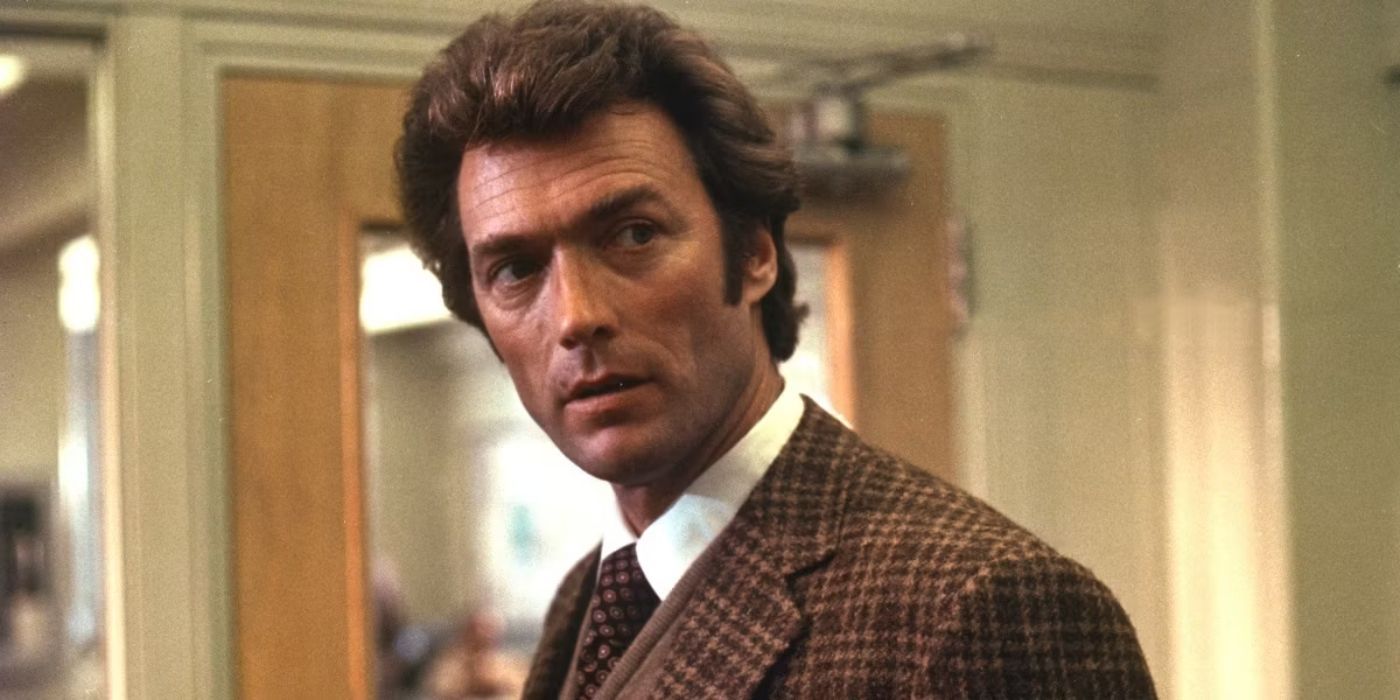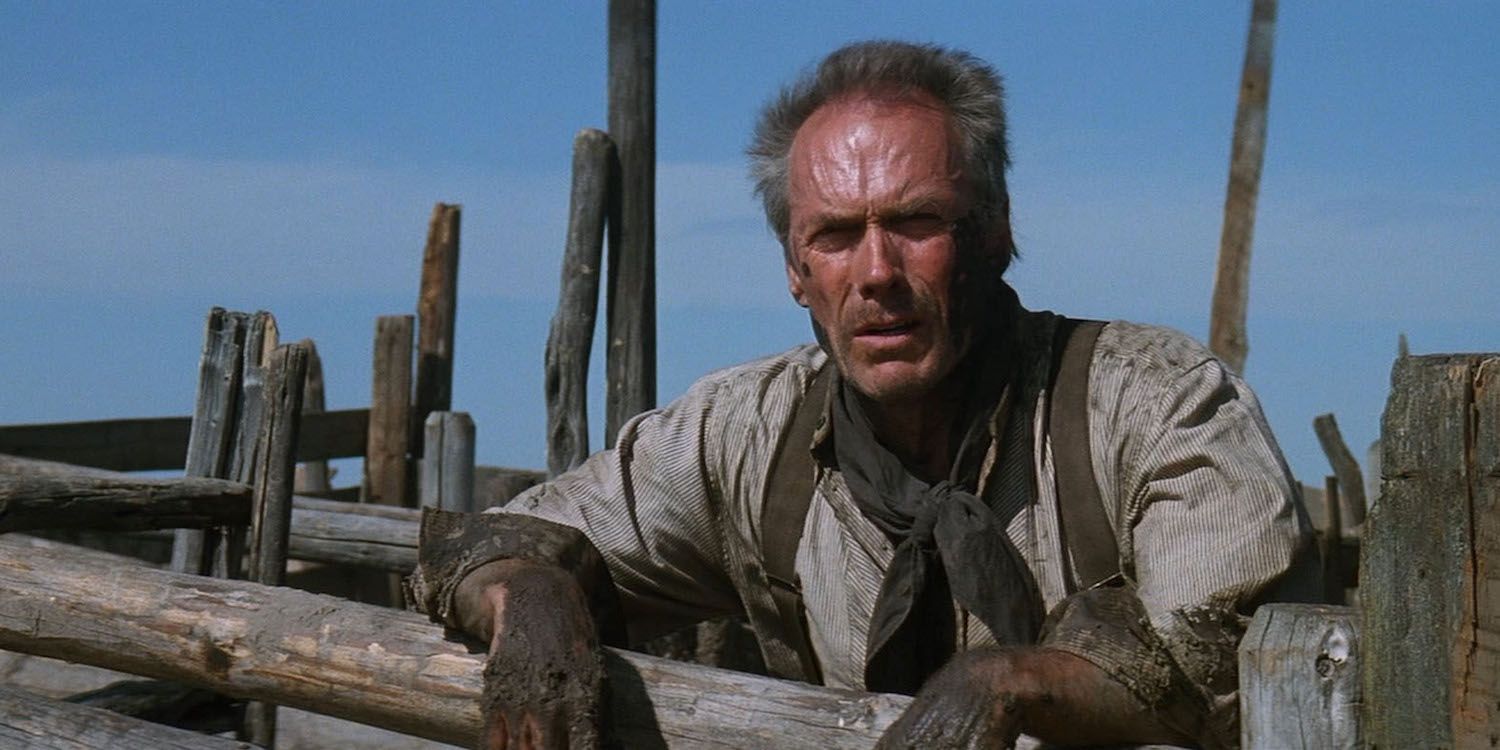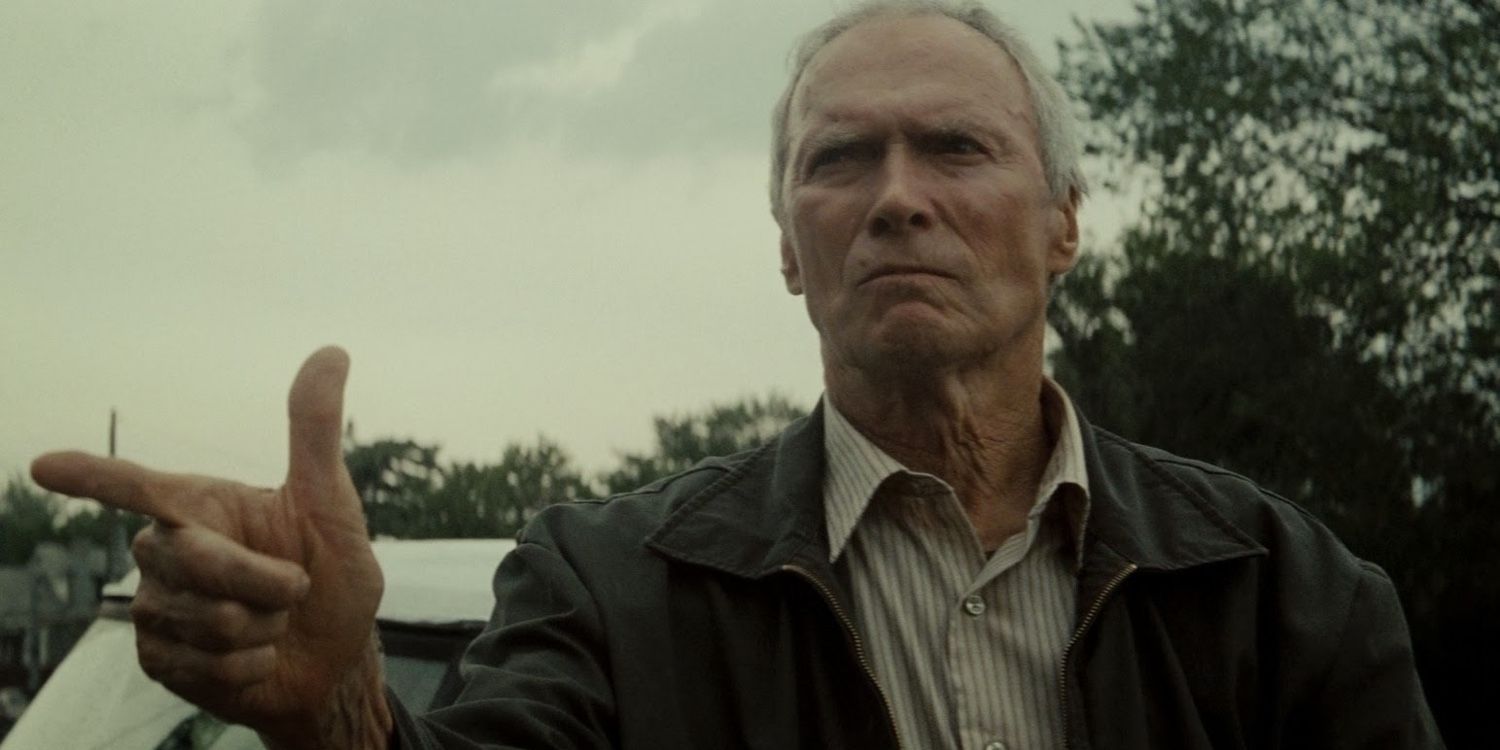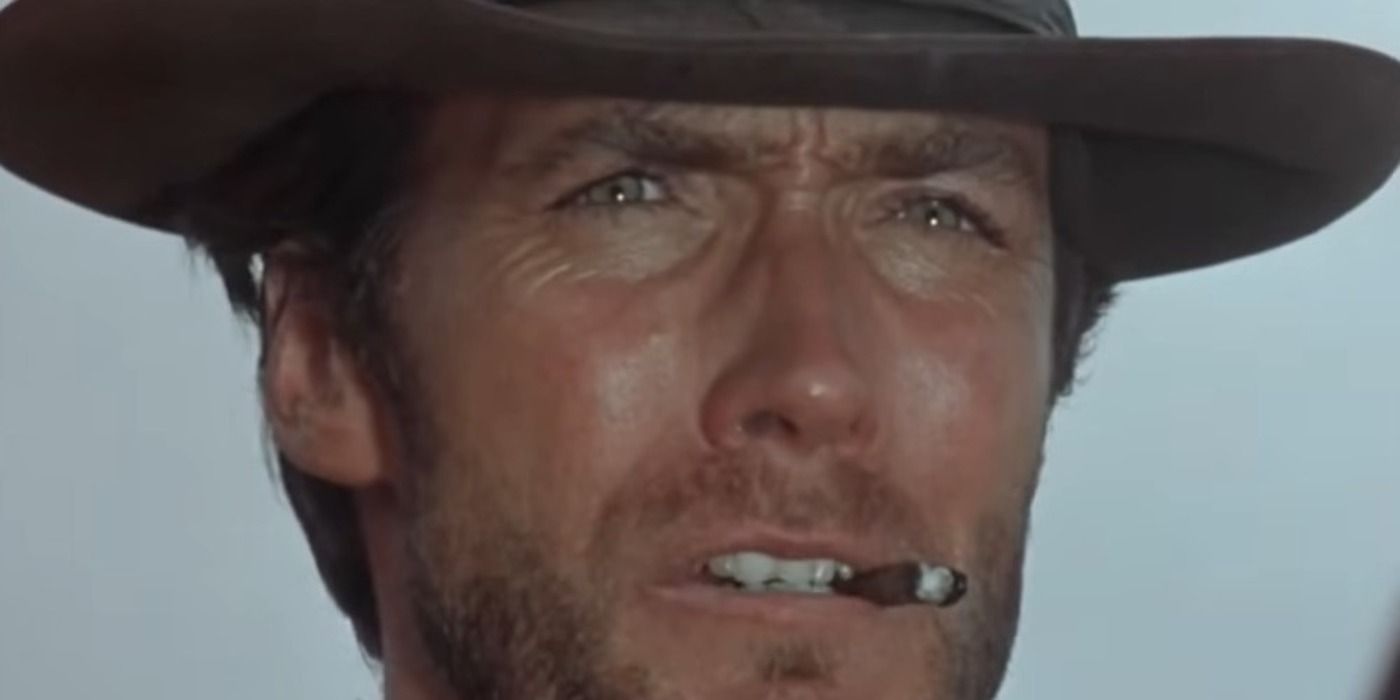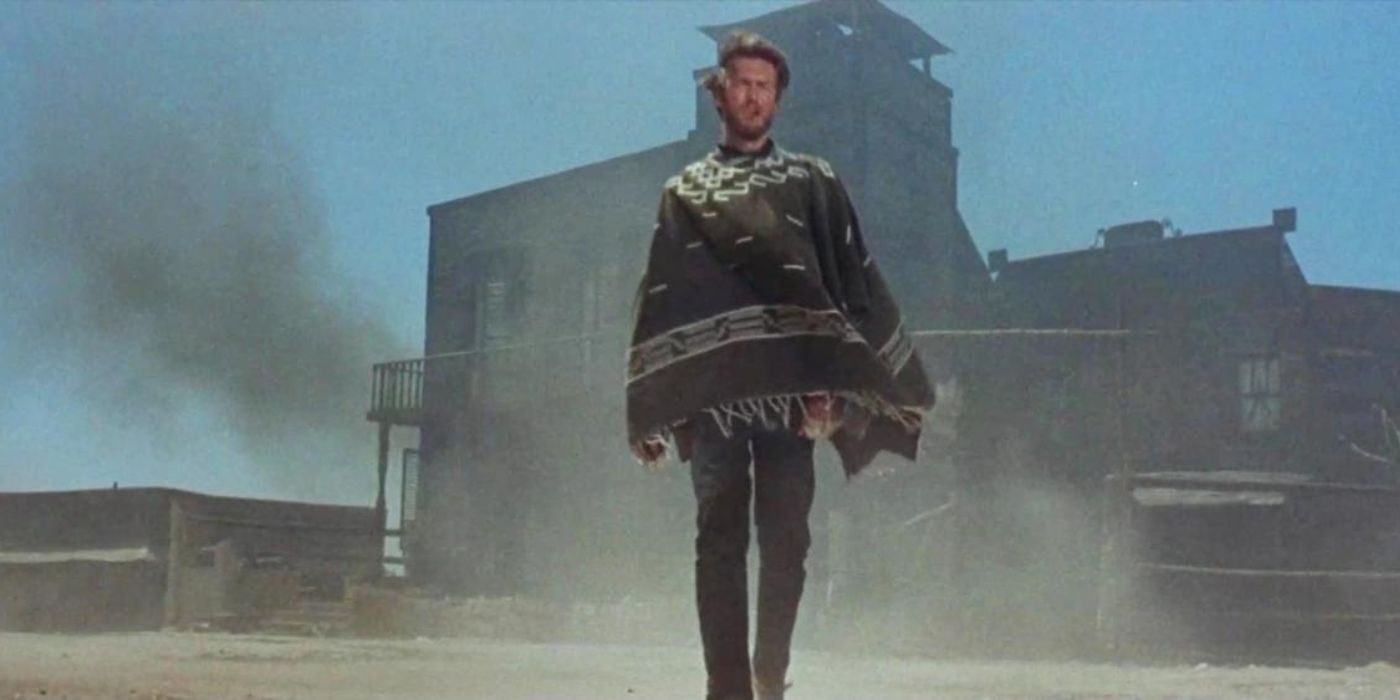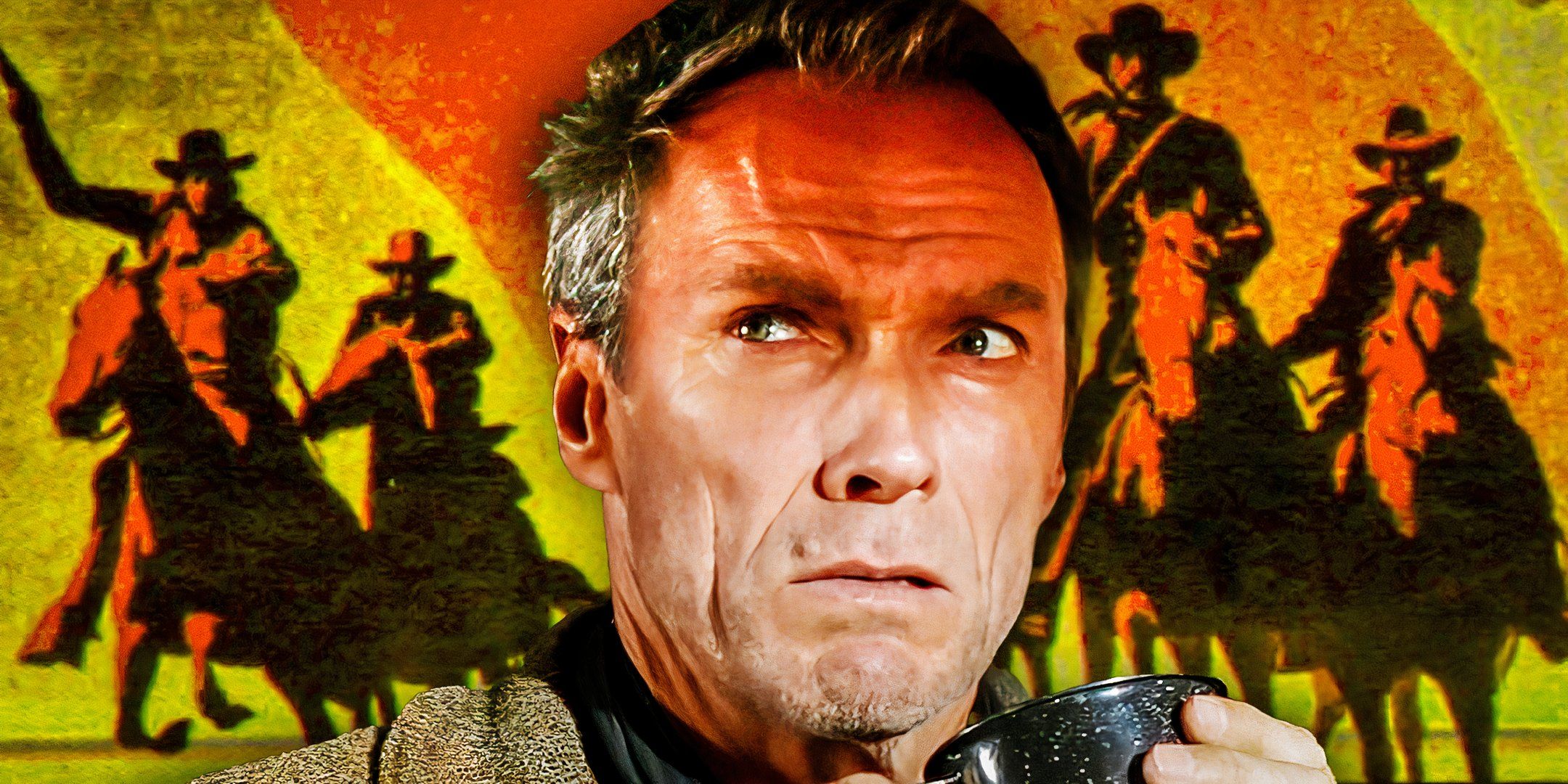Clint Eastwood reflects on his 69-year film career in a new interview. Eastwood made his acting debut back in 1955, broke through in the Western TV series Rawhide, and rose to fame as the Man with No Name in Sergio Leone’s Dollars trilogy of spaghetti Westerns during the 1960s. He made his directorial debut in 1971 with the indie, Play Misty for Me. Over the years, while a two-time Oscar nominee for acting, Eastwood won Best Director for his 1992 Western Unforgiven and his 2004 boxing drama Million Dollar Baby, both of which also won Best Picture.
During a recent interview with The Metrograph (via IndieWire), Eastwood reflected on his illustrious 69-year filmmaking career. The legendary actor and director said it’s up to audiences to decide his legacy, which he doesn’t personally reflect on very much. Asked if any of his films have not received the recognition they deserve, Eastwood was hard-pressed to identify if any of his films have been overlooked. Read his full comments below:
After you get a few films that are reasonably successful, people kind of stick with you. But if you’re grinding out turkeys, they don’t stick with you… That would be up to them, to the audiences, to answer. Up to the people on the outside. I just kind of go along. I consider this, again, emotional. It comes upon you. You have a story, you make a movie of it. You have to just go for it. If you think too much about how it happened you might ruin it. I go back and look at films I’ve made, and I could easily ask, “Why the heck did I make this?” I don’t remember! It might have been a long time ago…
Maybe? I don’t know, I’ve never thought about it that way. If I’m happy with it, that’s it. As far as if anybody else has a different feeling about it, well that’s theirs. I’m sure I’ve had disappointments. If I did, I wouldn’t dwell on them.
What Clint Eastwood’s Comments Mean For His Legacy
He Doesn’t Care To Consider It
In the new interview reflecting on his illustrious filmmaking career, it seems the legendary actor and director doesn’t actually consider his own legacy very much. His approach to filmmaking is deeply instinctive, driven by emotion and a passion for storytelling, emphasizing that overthinking can disrupt creativity. Reflecting on his 69-year film career, Eastwood admits that he could easily begin questioning his own choices, though many of his decisions were made in the moment, rather than with detailed forethought about his film legacy.
Clint Eastwood is one of Hollywood’s most iconic filmmakers and movie stars. In nearly 70 years of working on films, here are his best.
When asked if any of his movies have been overlooked, Eastwood remains indifferent to public opinion, focusing instead on personal satisfaction with his work. He sees little value in dwelling on potential disappointments, choosing instead to embrace a mindset of acceptance. For Eastwood, he lets the legacy of his work be shaped by the audience’s perspective, not his own introspection. His nonchalant attitude underlines his commitment to creating art without being overly concerned with external validation or recognition.
Our Take On Clint Eastwood’s Film Legacy
He’s One Of The Greatest Actor-Director Combos Ever
If Juror #2 is Clint Eastwood’s last movie, he will definitely go down as one of the greatest actor-directors to ever live. In addition to receiving acting nominations for both, Eastwood won Best Director and Best Picture for Unforgiven and Million Dollar Baby. In addition to directing his own star vehicles, Eastwood has helmed Mystic River, Letters from Iwo Jima, and American Sniper, earning Best Director nominations for two and Best Picture for all three. Clint Eastwood‘s illustrious career has cemented him as one of the greatest actor-director combos in cinematic history.


